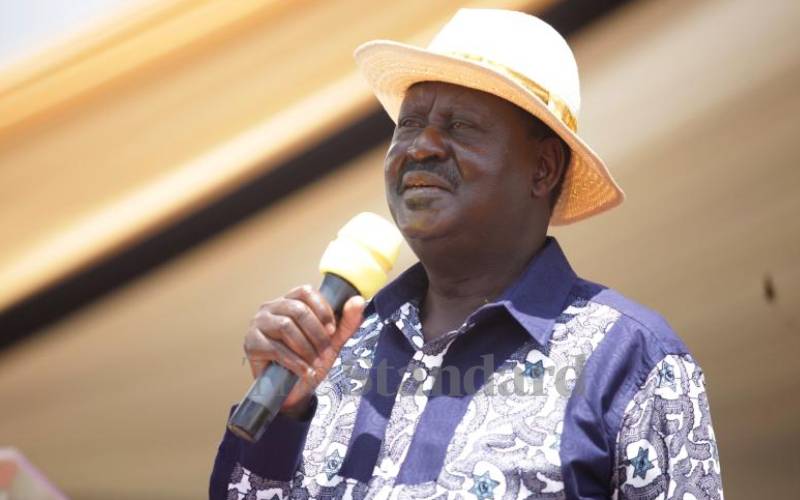×
The Standard e-Paper
Stay Informed, Even Offline

ODM leader Raila Odinga. [Collins Oduor, Standard]
“I am a man on a mission. I have no space to retreat nor the luxury to surrender” - Deputy President William Ruto.